About us
All you need to know about our researchers and partner network.
Cover image © by Felix Dorn
Research team
Our interdisciplinary team is based in different places across South America and Europe. Together we can draw on many years of experience in critical and applied research on the global lithium battery chain.
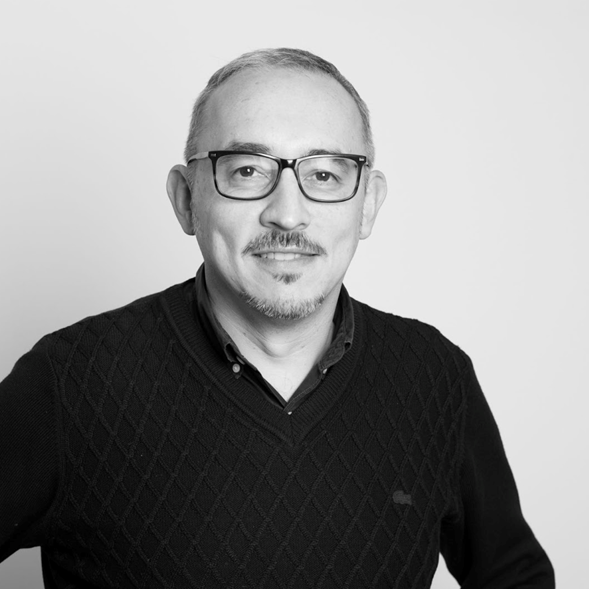
Carlos Freytes
Researcher
About Carlos
Carlos Freytes is the Director of the area of Natural Resources of Fundar and professor at the Torcuato Di Tella University. He has a degree in Sociology from the University of Buenos Aires and obtained his Ph.D. in Political Science at Northwestern University. He specializes in productive development policies in natural resource-intensive activities. His work agenda focuses on institutional arrangements and interest representation mechanisms that define the governance and policy framework of these activities.
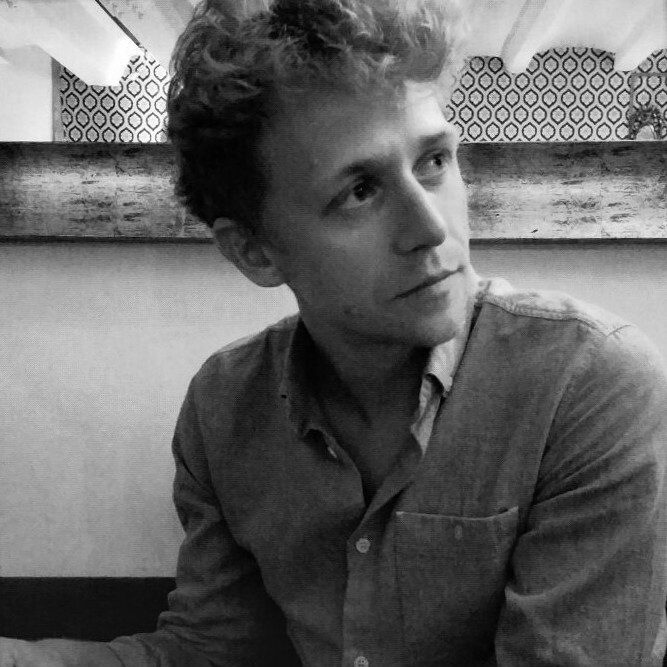
Jonas Köppel
Lead Critical research
About Jonas
I am currently a PhD candidate at the department of Anthropology and Sociology at the Graduate Institute Geneva in Switzerland. My dissertation research focuses on the technopolitical issues surrounding lithium in Bolivia, where I have conducted extensive ethnographic fieldwork with diverse people involved in the State project. Since I started working on the issue as part of a four-year research project on lithium governance across Argentina, Bolivia, and Chile, I have been fascinated with lithium’s global connections. This fascination has materialized in the collaborative Lithium Worlds blog, and more recently in the present Green Dealings project. Both projects are inquiries into lithium’s significance beyond, yet intimately tied to, places of extraction.
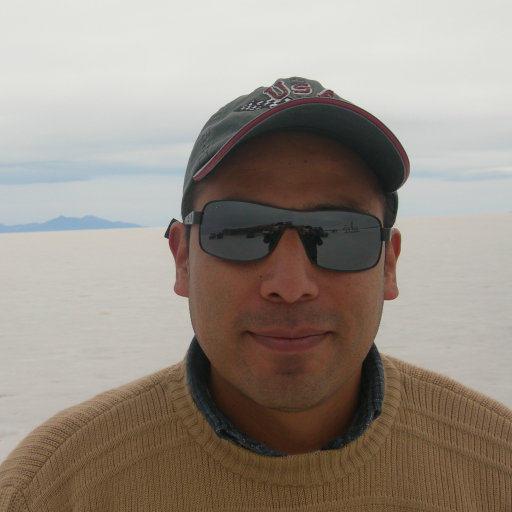
Manuel Olivera
Researcher
About Manuel
Manuel Olivera Andrade is a research associate at the Universidad Mayor de San Andrés (UMSA) in La Paz, Bolivia. His work is located in Bolivia, mainly in the Southern Altiplano, the Andean Humid Forest and the North Amazonian Forest. Over the last ten years, Manuel has been studying the Bolivian Lithium Program in the Uyuni salt flat, Potosí. Since 2018, he is engaged in Lithium Triangle research with an emphasis on territorialities, socio-environmental and governance issues. He holds interdisciplinary academic qualifications combining natural and social approaches, apart from extensive field experience in territorial planning, project monitoring/evaluation and public policies. His MA thesis on Lithium governance in Bolivia was awarded the UNESCO/Juan Bosch Prize in 2015.
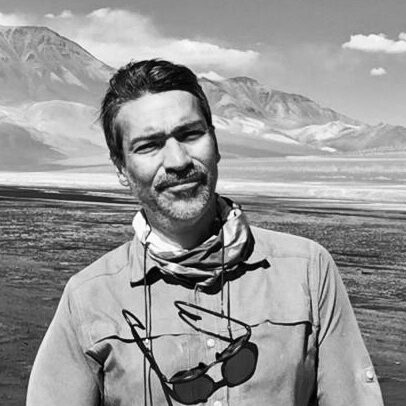
Mauricio Lorca
Researcher
About Mauricio
Mauricio Lorca is an academic and research associate at the Universidad de Atacama, Chile. He is an anthropologist and MA in History from the Universidad de Chile, DEA in Development Studies from the Université de Genève, Switzerland, and PhD in Culture and Heritage Management from the Universidad de Barcelona, Spain. He has experience in research and teaching on issues that articulate mining, heritage and indigenous peoples in northern Chile. In recent years he has focused his work on the effects of lithium mining in the high Andean salt flats, especially in the Salar de Atacama in Chile, and on the political role of heritage in extractivist contexts.
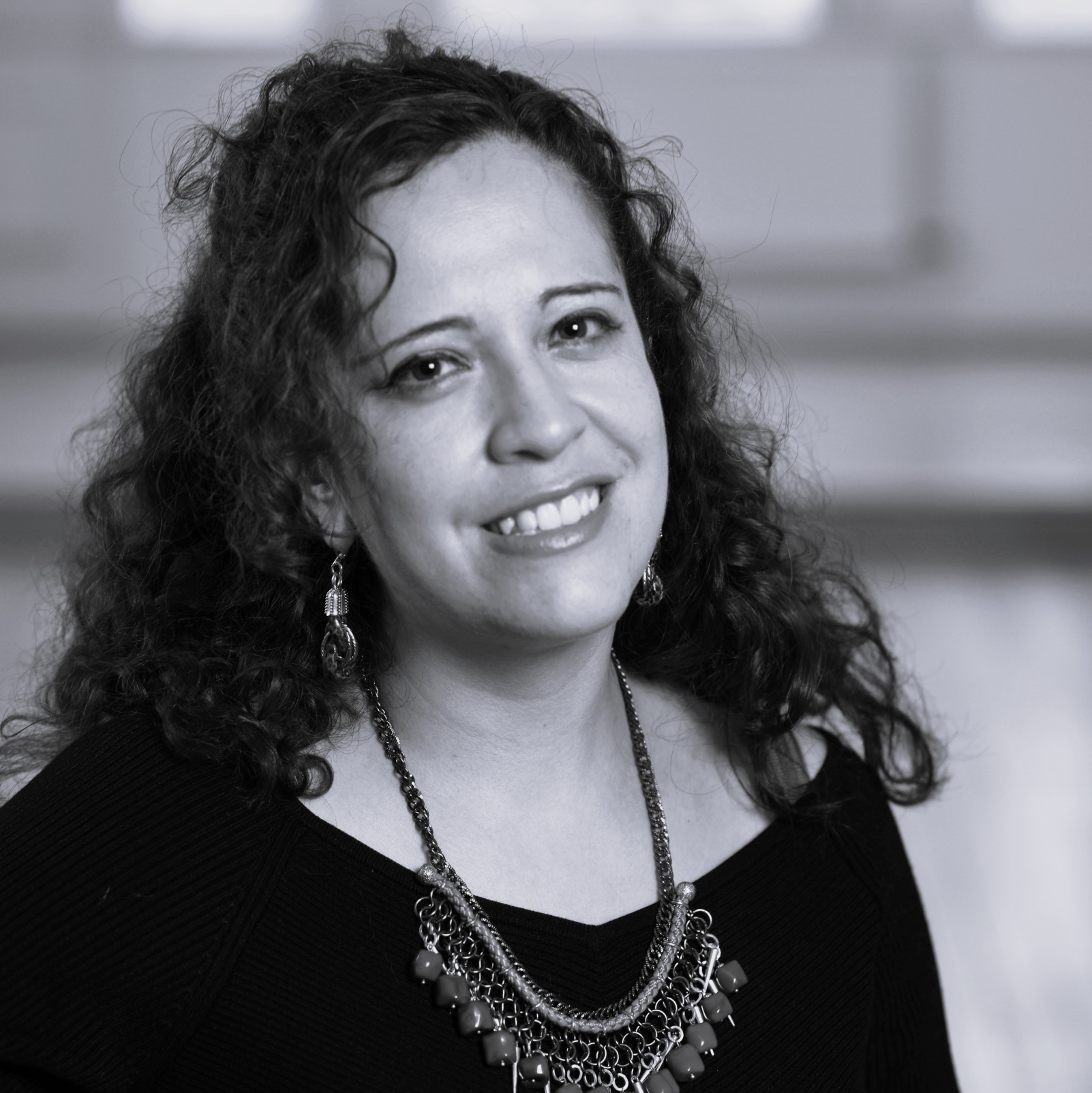
Daniela Sánchez-López
Researcher
About Daniela
Dr Maria Daniela Sanchez-Lopez is a research fellow at the Margaret Anstee Centre for Global Studies at Newnham College and a teaching associate at the Centre of Latin American Studies, University of Cambridge. She has a background in Economics at Universidad Católica Boliviana, an MA in Development Studies from the Institute of Social Studies (ISS) of Erasmus University Rotterdam in The Netherlands and a Ph.D. in International Development from the University of East Anglia in the United Kingdom.
Her research expertise focuses on socio-environmental conflicts, governance of lithium and the li-ion battery supply value chain, and energy geopolitics in Latin America. Daniela is currently researching the impacts of environmental, social and governance (ESG) issues in the Lithium Triangle (Chile, Bolivia and Argentina) and the socio-technical implications of the new battery regulation of the European Union.
Outside academia, she has an extensive experience in public policy research in international organizations including the United Nations Development Program (UNDP-Bolivia), Interamerican Development Bank (IADB), Corporación Andina de Fomento (CAF) and NGOs with a regional expertise in Latin America.
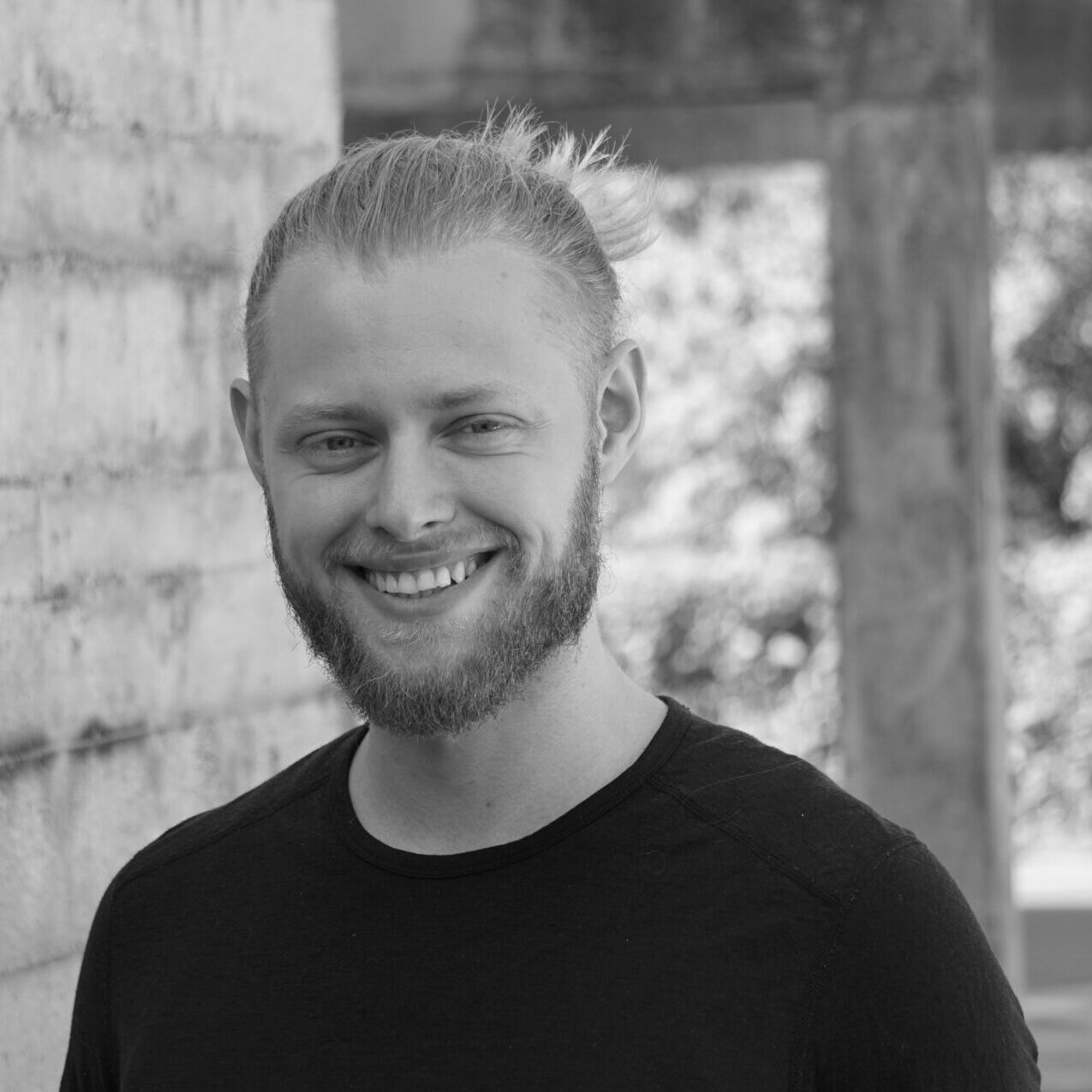
Jonas Niederberger
Researcher
About Jonas
Jonas’ interest in raw material supply chains in the electronics sector was sparked by launching a student initiative to inform consumers of the sustainability of electronics through a rating covering the stages of a product’s lifecycle. He holds a Master’s degree in Development Studies from the Geneva Graduate Institute and a Certificate of Advanced Studies in European Law from the University of Zurich. In his dissertation, he focussed on the evolution of battery governance at the European Union level. His interests lie at the nexus of environmental, industrial and trade policies regarding batteries and their political implications, with a particular focus on Europe’s role in the global ‘green transition’. In this context, he is also interested in the discourses around and reception of policy efforts to promote environmentally and socially sustainable practices across global value chains.
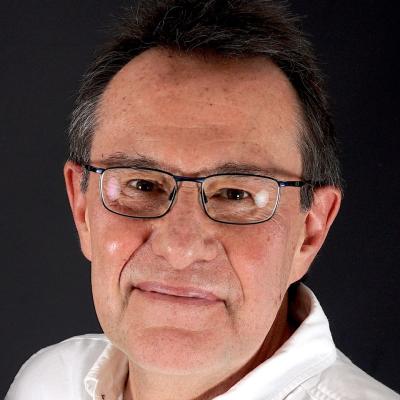
Marc Hufty
Project coordinator
About Marc
I am the proud father of Isabelle, Alexandre and Inès, and husband of Cecilia. I was born in Belgium, I grew up in Canada and radicated in Switzerland many years ago. I was always fascinated by the world and its marvels, especially by Latin America. Why? My father, a climatologist, had this Chilean PhD student in 1973 … I see myself as an a-disciplinary humanist and I work in “development studies” (Geneva Graduate Institute), which enabled me to travel the world and rub shoulders with a lot of fascinating people. Lithium? One intriguing entry point to this world.
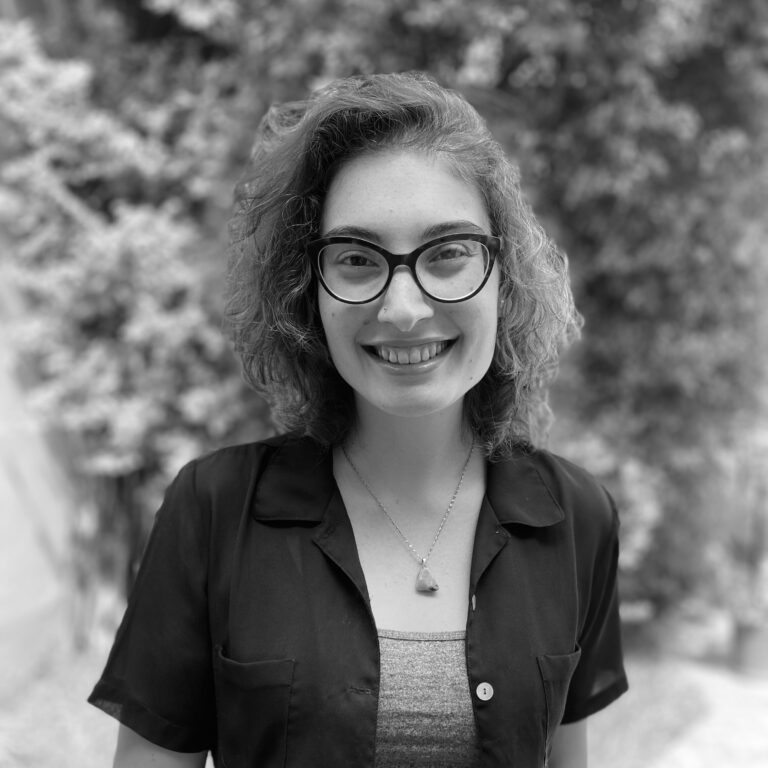
Melisa Escosteguy
Researcher
About Melisa
During my anthropology degree at the National University of Salta, I became interested in the study of social ecological conflicts. This led me to get involved in different movements struggling for environmental justice. Back then I also became aware of the importance of scientific research in identifying inequalities and contributing to the construction of more just and sustainable futures. My interest in lithium is tied to this experience, and as a PhD student I am currently focusing on lithium production in Argentina.
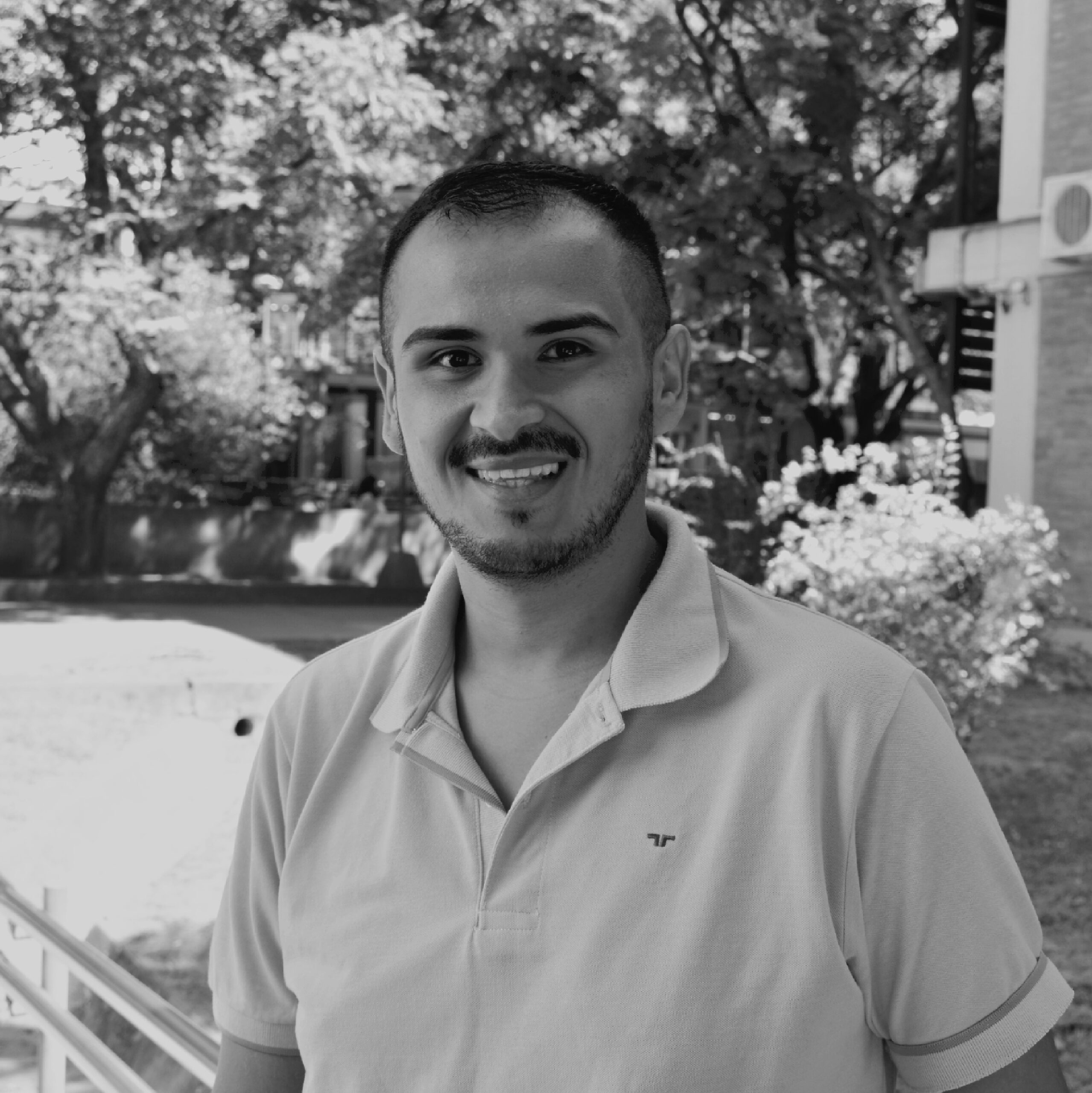
Walter Díaz Paz
Researcher
About Walter
Walter Díaz Paz is a Environmental Engineer. Since 2020, he has been a PhD. Student at the National Scientific and Technical Research Council (CONICET). His research focuses on Water Footprint of lithium mining in Argentina and the Virtual Water Flows through the argentine lithium export. The theoretical frameworks used in research included political ecology and justice energy transition.
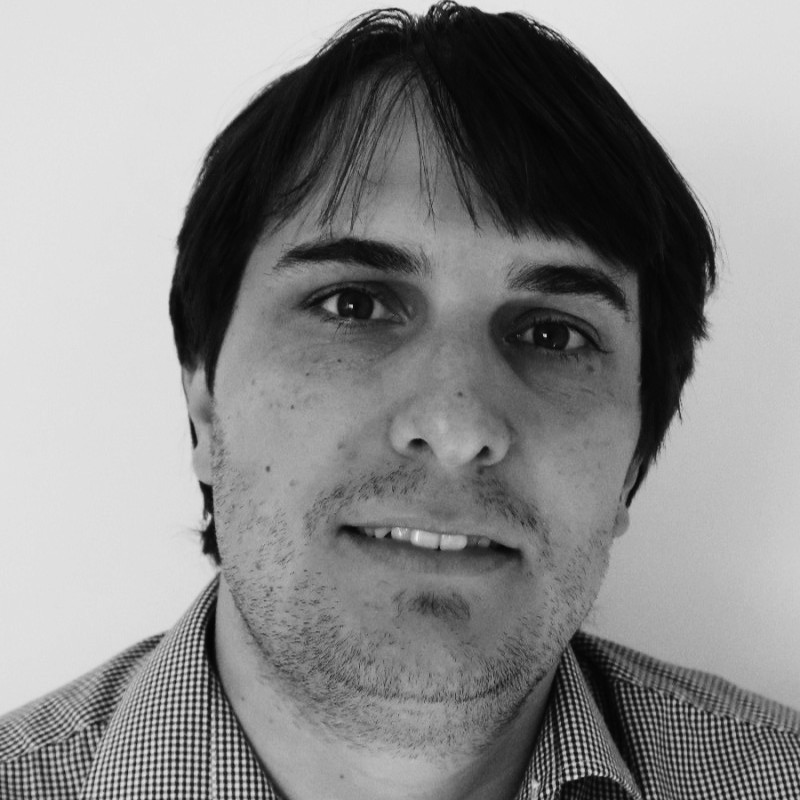
Diego Murguia
Researcher
About Diego
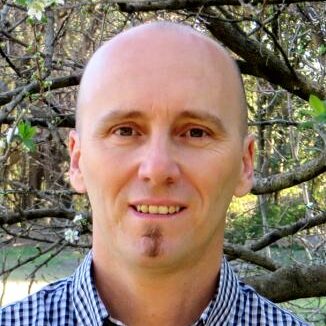
Lucas Seghezzo
Researcher
About Lucas
Dr. Lucas Seghezzo is Professor of Environmental Sociology at the National University of Salta, Argentina, and Independent Researcher with Argentina’s National Research Council (CONICET). He was Senior Research Scientist at the Texas Water Resources Institute (TWRI), where he worked on social perspectives on desalination and water reuse in the USA and Israel. He is also scientific advisor of the Latin America Focal Point of the Land Matrix Initiative, an independent global monitoring initiative that promotes transparency and accountability in land issues. He holds a Ph.D. in Environmental Sciences from Wageningen University, the Netherlands. His research focuses on sustainability assessment, social-ecological systems, political ecology, social perspectives on social-environmental issues, water and sanitation safety plans, decentralized sanitation, and environmental justice.
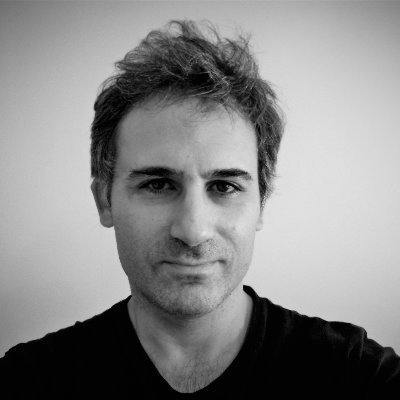
Martín Obaya
Lead Engaged research
About Martín
Martín Obaya is a researcher at the National Scientific and Technical Research Council (CONICET). He is the Director of the Centro de Investigaciones para la Transformación (CENIT) at the Economics and Business School of the National University of San Martín (Argentina). He holds a bachelor’s degree in economics (University of Buenos Aires, Argentina) and a master’s degree in International Relations (University of Bologna, Italy). In 2014, he obtained a PhD in Arts from Monash University (Australia). Since 2016, he has studied the development of lithium-based linkages in the lithium industry.
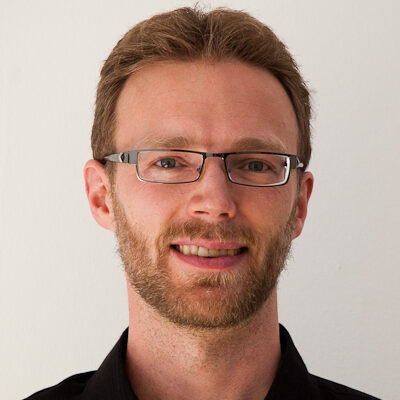
Morgan Scoville-Simonds
Project co-coordinator
About Morgan
Morgan is a postdoc at the Department of Global Development and Planning, University of Agder, where he conducts teaching and research, and affiliated researcher at the Centre for International Environmental Studies, Graduate Institute, Geneva. He received his PhD in Development Studies in 2015 for which he conducted fieldwork with rural communities in the Andes and piedmont forests of Peru on indigenous perspectives on climate change and the relationship between adaptation and development. His research focuses on the overlapping cultural, political and North-South dimensions of global environmental change.
Partners
Our academic and institutional partners are indispensable elements of the project. We collaborate sharing knowledge and networks, making sure our research reaches the relevant actors.
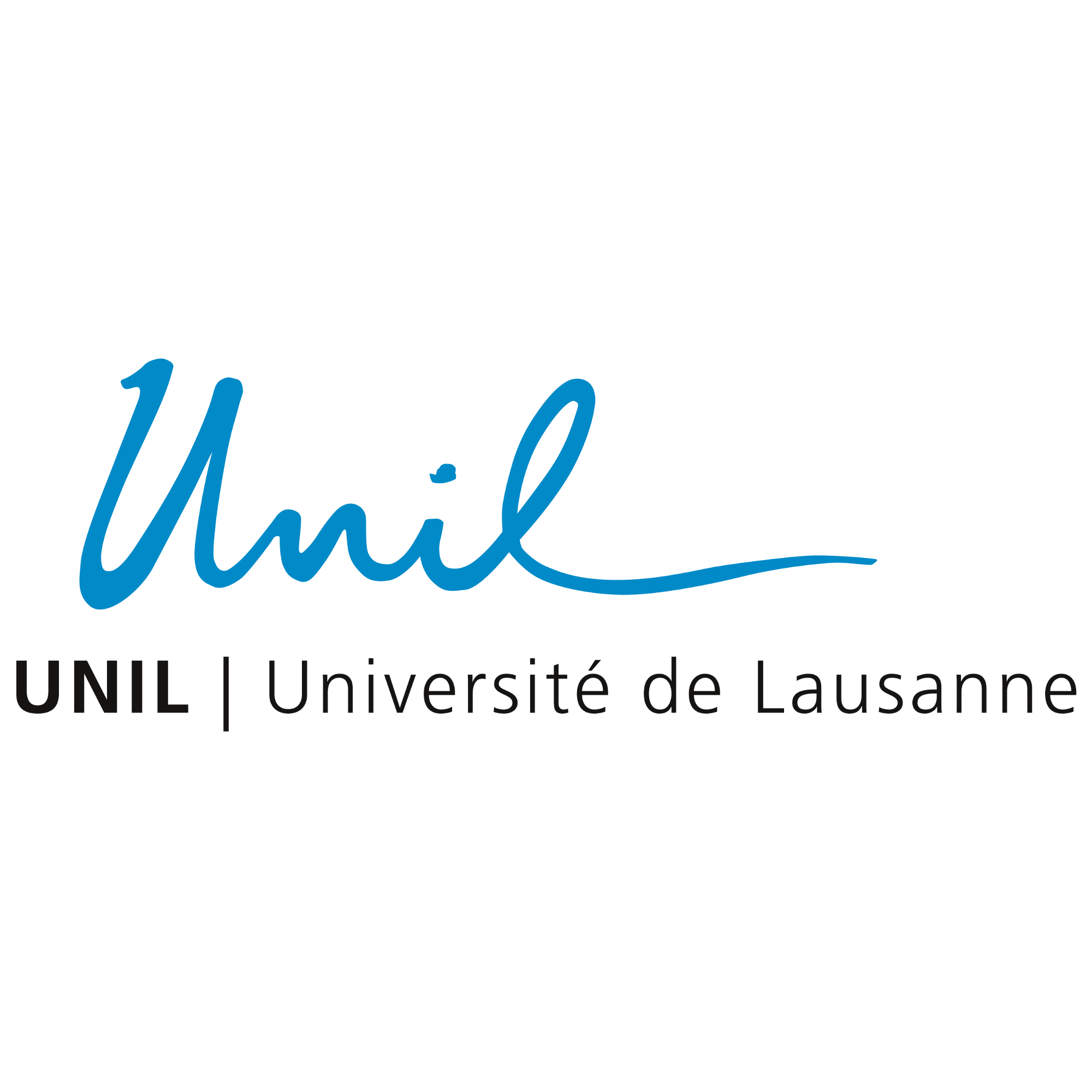
Energy Assemblages project
Academic partner

Geopolitical economy of energy system transformation project
Academic partner
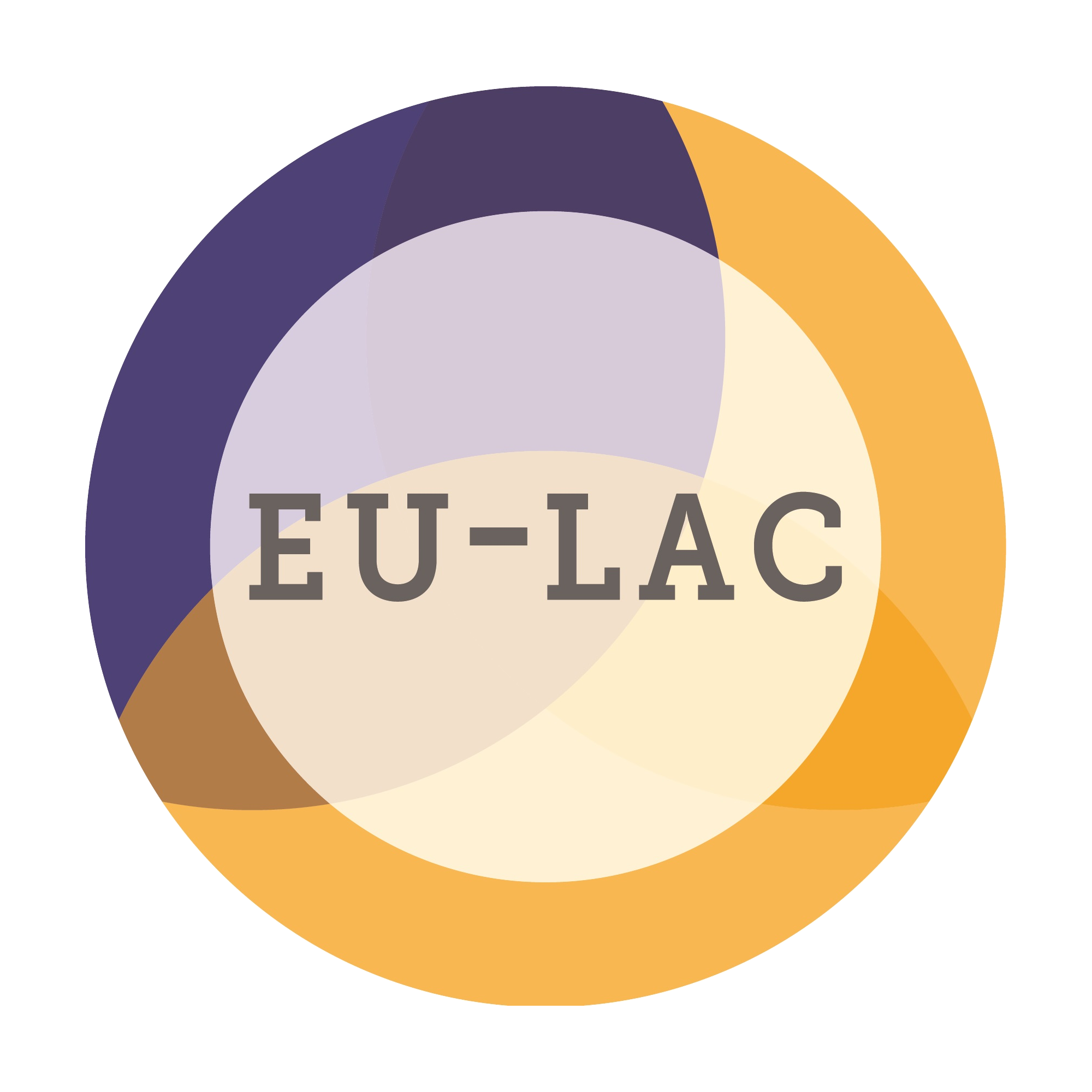
EU-LAC Foundation
Institutional partner

Durham Energy Institute
Academic partner

European Lithium Institute
Institutional partner
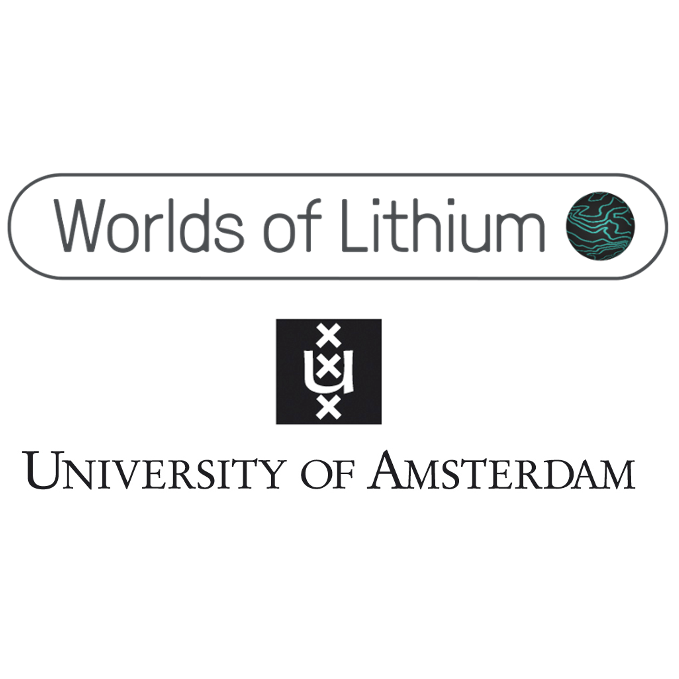
Worlds of Lithium project
Academic partner
Economic Commission for Latin America
Institutional partner
United Nations Commission for Trade and Development
Institutional Partner
Inter-American Development Bank
Institutional partner
Institutional affiliation
Green Dealings is funded and hosted in Geneva, Switzerland. Our researchers are based at different high-quality institutions across South America and Europe.
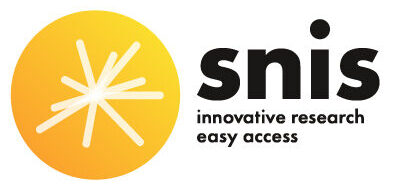
Funding institution
Swiss Network for International Studies
Geneva, Switzerland
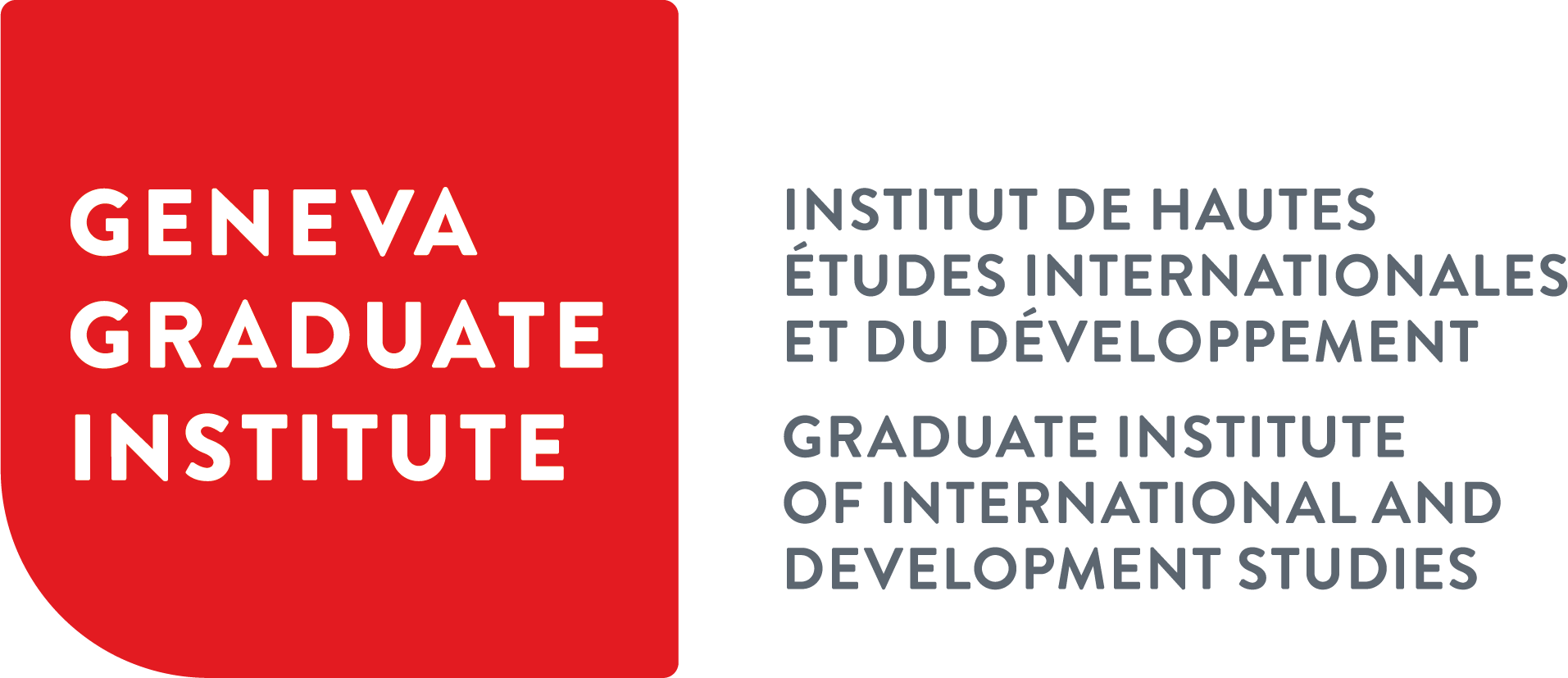
Hosting institution
Center for International Environmental Studies
The Graduate Institute Geneva
Geneva, Switzerland
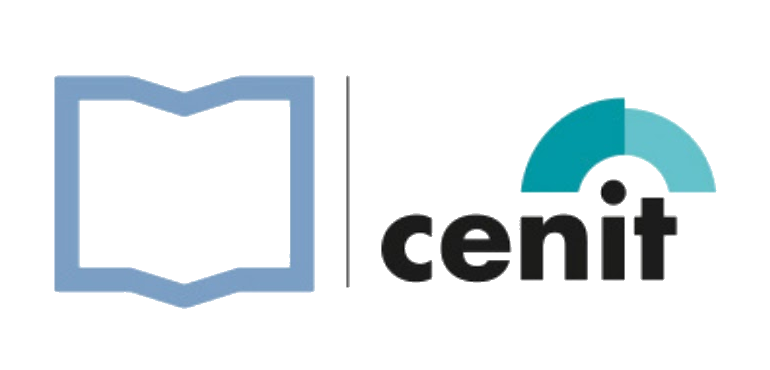
Co-hosting institution
Centro de Investigaciones para la Transformación
Universidad Nacional de San Martín
Buenos Aires, Argentina

Co-hosting institution
Newham College
University of Cambridge
Cambridge, United Kingdom
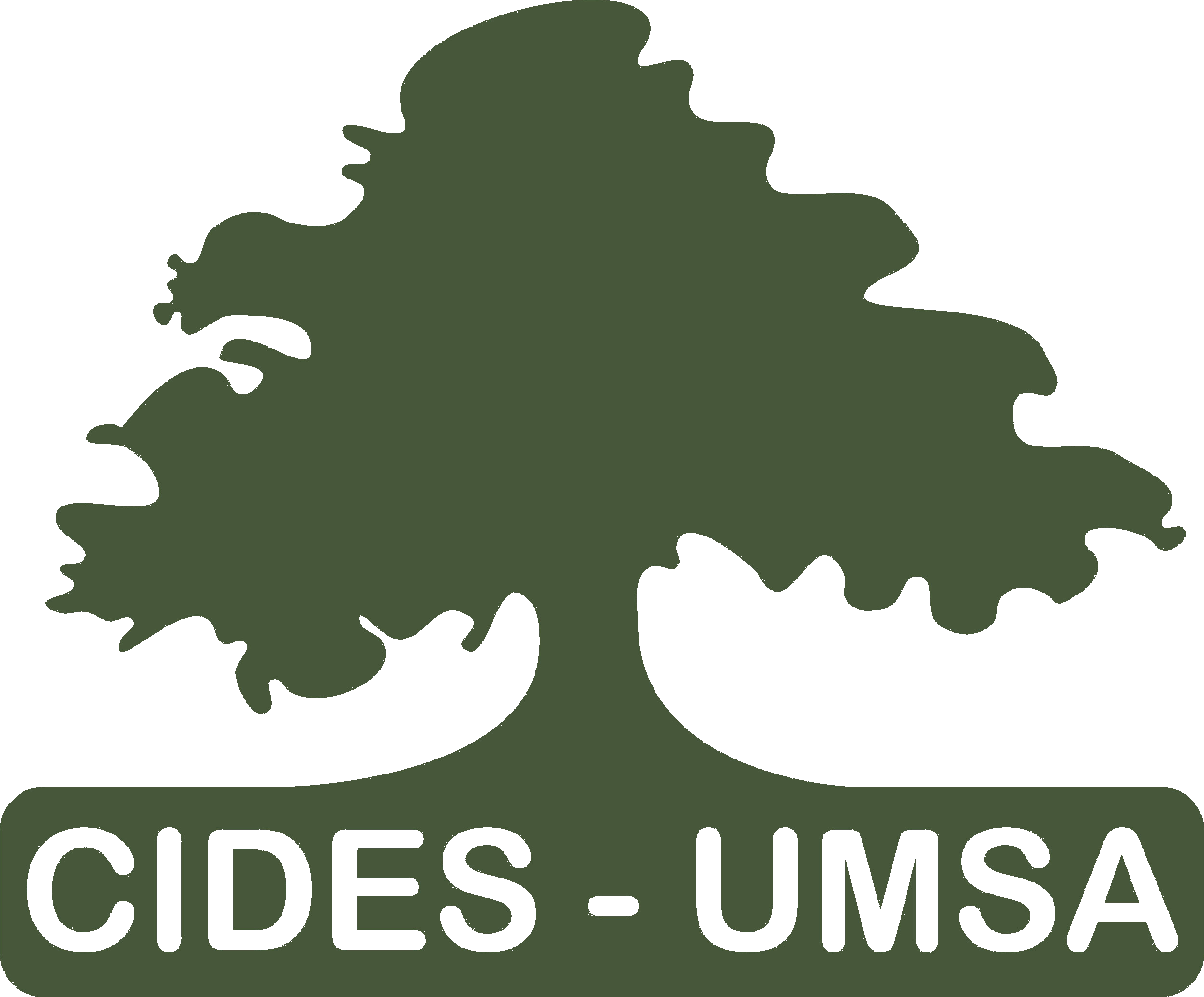
Co-hosting institution
Universidad Mayor de San Andrés
Postgrado en ciencias de desarrollo
La Paz, Bolivia

Co-hosting institution
Instituto de Investigaciones en Energía No Convencional, University of Salta
Salta, Argentina

Co-hosting institution
Universidad de Atacama
Copiapó, Chile

Co-hosting institution
Fundar, thinktank for an inclusive, sustainable development agenda
Buenos Aires, Argentina
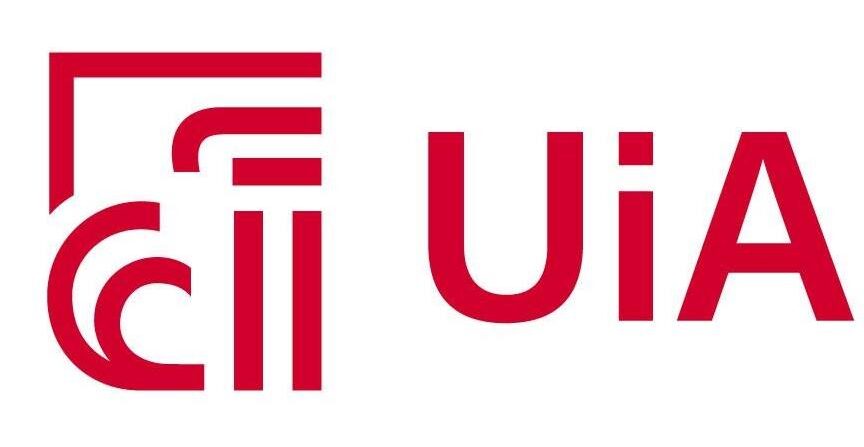
Co-hosting institution
University of Agder
Kristiansand, Norway
